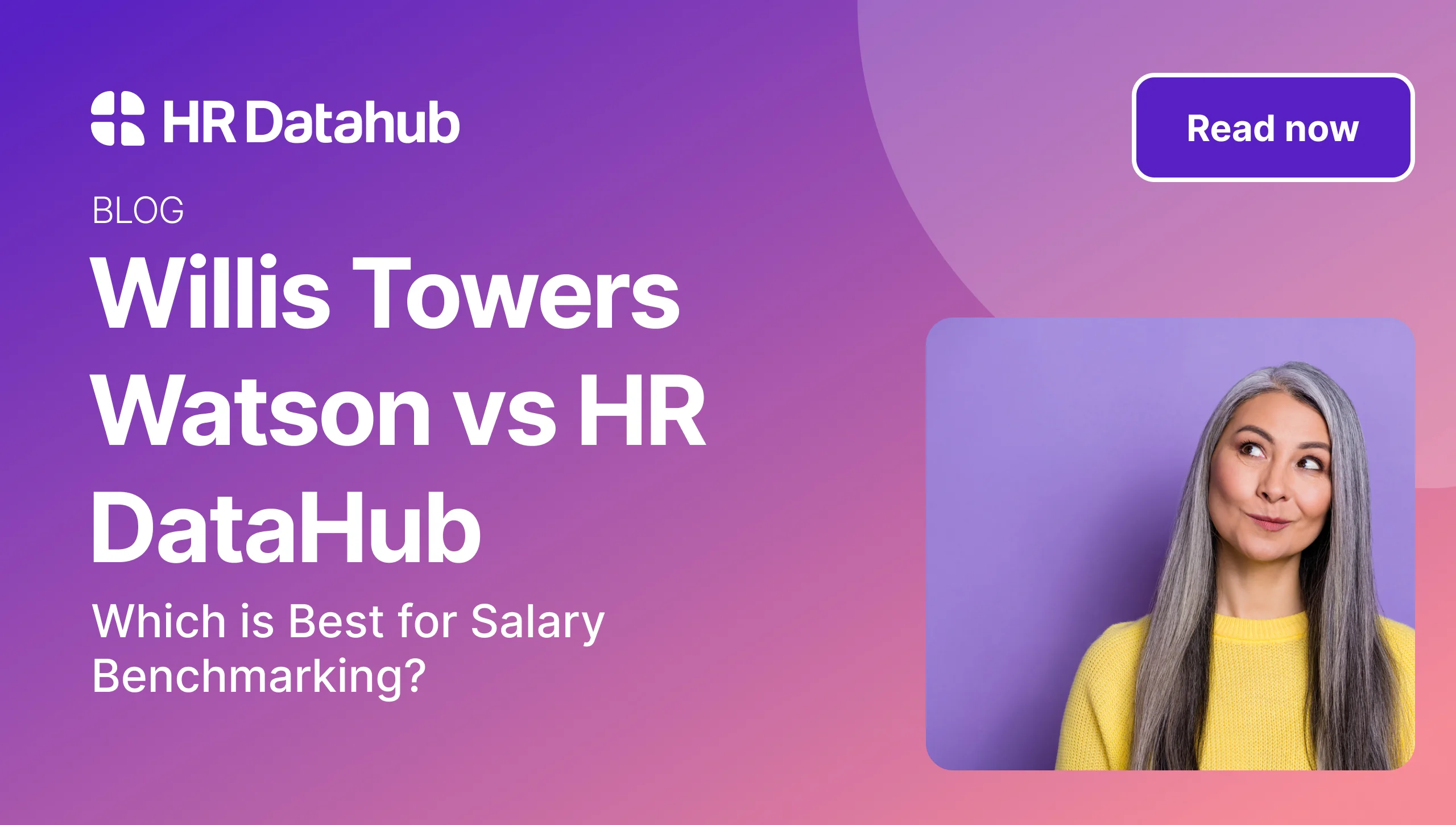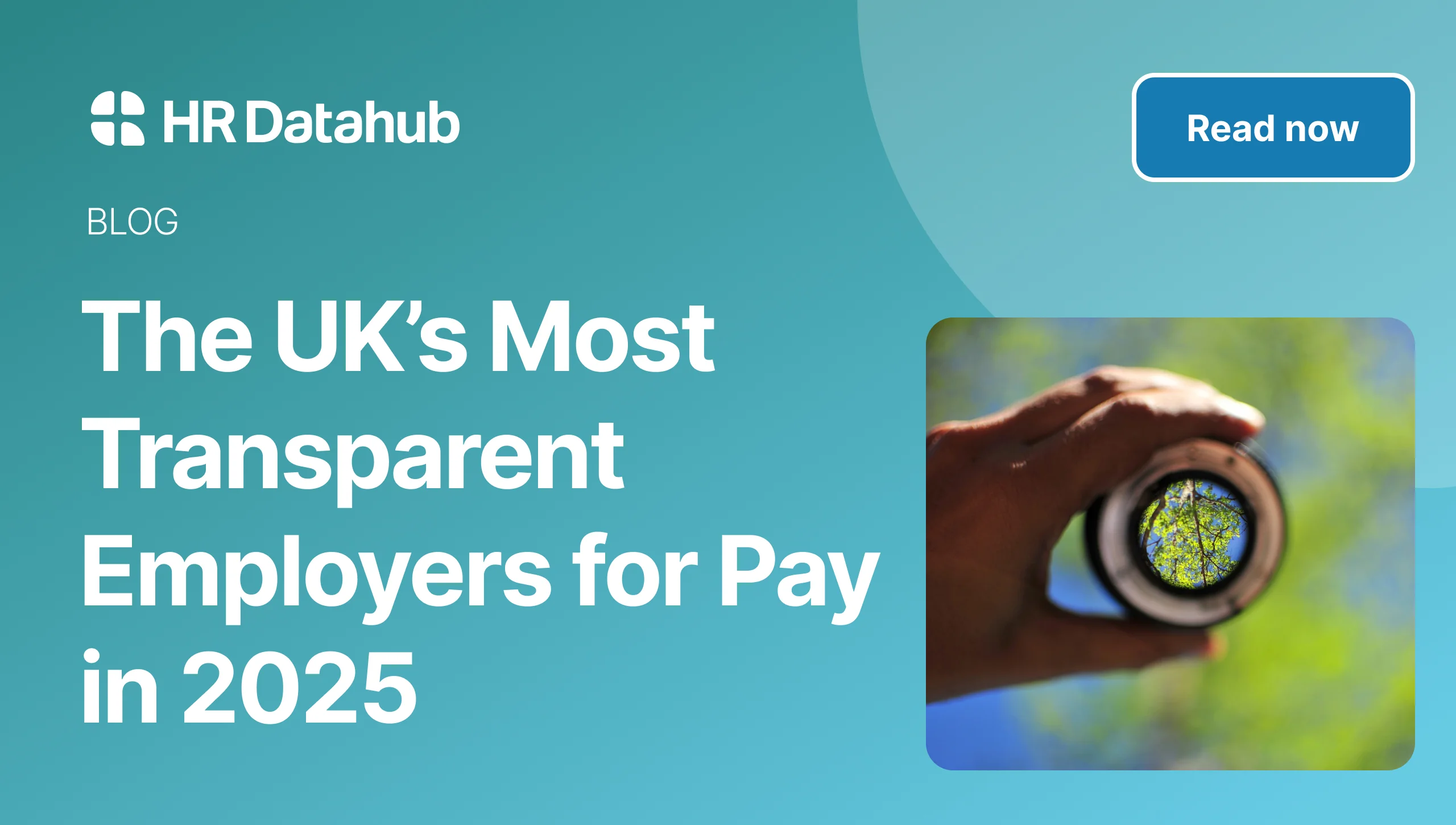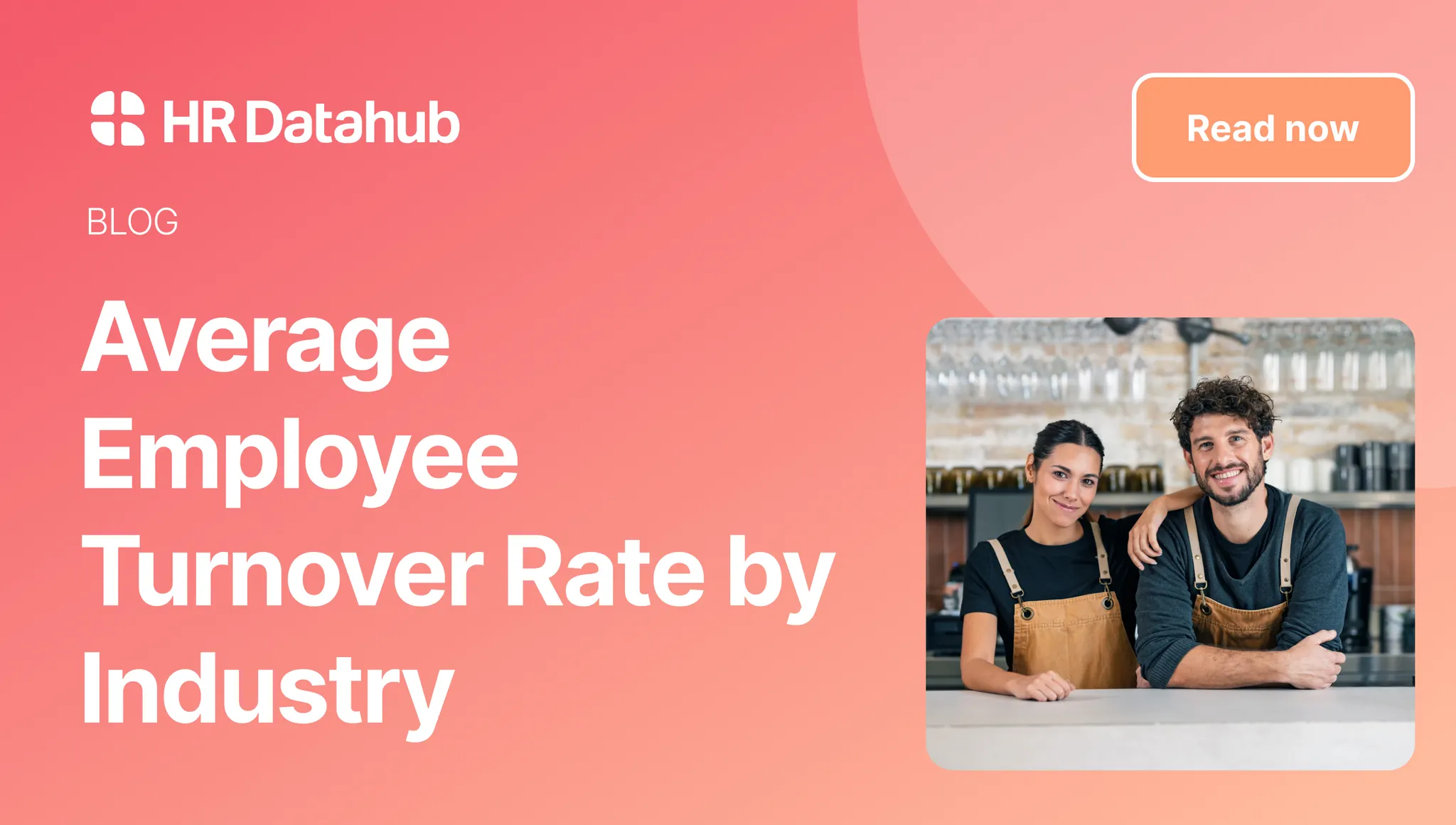

April 17, 2023
April 17, 2023
If the salary is so competitive – Why don’t you show us the money

Published by:
David Whitfield
,
CEO & Co-Founder
,
HR DataHub

Reviewed by:
Alexa Grellet
,
COO & Co-Founder
,
HR DataHub

3
MIN READ time

What single thing can negatively impact the gender pay gap and the quality of employees recruited at the same time?
Whether the salary was included in the initial job ad.
Yet, in our research, we discovered that 99% of job ads on LinkedIn don’t show this detail.
The link between these may not be completely obvious, but once we’ve explained how crucial this information is and how it can affect those things, we believe you’ll agree it’s time to address the problem.
To understand the full reasons, read on.
In this post, we’ll cover:
- Why don’t companies show the salary in a job ad?
- How it is linked to the gender pay gap
- Why it means you may miss out on the best candidates
- The applicant experience
- The benefits of showing the salary
Why don’t companies show the salary in a job ad?
Worldwide about 32 countries have policies for pay transparency in place, and the European Parliament approved the directive for pay transparency in March 2023. However, the change is happening rather hesitantly.
There are three common reasons why companies don’t include the salary in an ad.
- Fear of their competitors
- Worries about their current employees
- Negotiating power
Fear Of Competitors
If a salary range is published, companies may have concerns that their competitors will use this market intelligence as a benchmark to recruit talent.
Company A can look at the ad and know that Company B is trying to fill a particular role with a salary of £50k. This allows them to offer £55k and look like they pay better for a relatively minor increase.
The belief is that by making this data public for everyone to see, they’re putting themselves at a long term disadvantage when up against a competitor that doesn’t share this information.
Worries About Current Employees
Many workplaces have a policy of keeping salaries secret from colleagues. There can often be reasons why they don’t want to be transparent. For example, if the company knows there are problems with how their pay is structured for some staff members.
In this case, they don’t want to run the risk that a current employee sees an ad for a similar role to theirs which mentions the salary of £50k when they are only earning £35k. Understandably, this would cause some unrest and result in unwanted staff turnover.
This is dodging the issue. Pay inequities within a company are vital to address rather than something to hide.
Negotiating Power
Companies will rarely want to admit this out loud, so we’re saying it for you. It isn’t a secret; everybody knows what happens.
If you advertise a role at £50k and find a suitable candidate, you will pay them £50k.
In the same scenario with no salary specified in the ad, you can ask what they currently earn during the recruitment process. If that same excellent candidate responds, “£30k,” then it puts you in a position to offer £40k.
Voluntarily letting go of power is tough, so companies often don’t want to lose the ability to negotiate like this. However, here it is being used to lowball the market.
We’re all professionals here; we’ve all seen it happen, yet it’s a counterproductive move as you’re underpaying for a good quality candidate.
Now we’ve heard why companies want to keep it a secret, it’s worth disclosing that HR DataHub has a policy on publishing a salary with job ads, and that’s the salary that we will pay. If we say it’s £50k, it’s £50k no matter what a candidate was earning before.
How publishing salaries in ads is linked to the gender pay gap
So far, so logical, but it’s time to understand how this impacts far more than your payroll total at the end of the month.
First, let’s state that the gender pay gap continues to be a real issue. It’s now 53 years since The Equal Pay Act 1970, and yet somehow we’re still in a situation where the gap is significant when comparing pay at similar roles for men and women.
Job ads that don’t list a salary entrench this gap into the future.
This is how it goes. As candidates enter the job market for the first time, an undefined salary allows disparity to occur.
We aren’t pointing fingers and saying it is a deliberate policy, but we have to acknowledge the outcome. This is what the data tells us.
Two candidates equal in every way but with different genders start their careers in similar positions. However, because of the secrecy over the salary, one ends up on £20k and the other on £24k.
Now picture their career trajectory. As they each move on to a more senior position, they’re each asked what they are currently earning and this information is used to decide what respective salary to offer them.
Or, if they both decide to stay at the employer long term, the woman may bump up against governance controls where, for example, nobody can get above a 10% pay rise for any reason.
She will always be behind because of that start!
The cascade effect of that initial role not displaying the salary in the job ad will continue through the following decades of their careers. As long as they are applying for positions where they don’t know the pay in advance, it can always be used against them.
It’s an accidental effect. The aim might be to try and recruit cost-effectively, and it won’t occur to consider the long term knock-on impact for that individual.
The good news is that the fix is easy.
This is why we’re calling for change.
A level playing field for all when it comes to salary, right from the start of a career through to senior roles.
The Applicant Experience
It takes time to apply for a position, so to find out the salary is unsuitable after investing effort into it is frustrating for candidates.
Not only that, the wording of a job ad can impact how senior the role is considered to be. Some great candidates may be put off from applying without a salary to give a better context.
It also removes that classic British awkwardness around discussing money. By making it transparent, you’re making the process more comfortable for those who don’t feel confident asking for what would be a fair salary.
Finding the right candidates isn’t easy. You put an immense amount of effort into your recruitment. So to miss out on suitable options because a vital detail was missing is a wasted opportunity.
You may end up hiring an inferior candidate by not publishing the salary.
The Benefits Of Showing The Salary
Making it a policy to share the pay level in the job ad is simply better for your business and employee happiness. Think through all the ways it impacts:
- The job level is that much clearer candidates can feel confident in applying even if the job ad is somehow unclear
- You don’t waste your time on candidates that want a higher salary
- Prevents any accidental introduction of a gender pay gap
- It shows you are confident that you pay competitively
- Current employees can see the ad and know they are on a parity
- Starts the employer-employee relationship on an equal power footing
Trust can't wait: get ahead of the curve in pay transparency
It makes sense from every perspective to share the salary from the outset. Whilst it’s great news that it can make the job application process smoother and positively impact your company, let's not lose sight of the biggest issue here.
Fifty-three years of equal pay legislation hasn’t managed to close the gender pay gap on its own because it doesn’t address all the root causes.
It’s time to lift the veil and bring clarity to salaries for everyone.
Take the mystery out of the money.
At HR DataHub we’ve seen the issue for ourselves. It isn’t a hard thing to fix, and it can make a real difference.
A simple to implement, practical solution that will help close the gender pay gap.
The EU Pay Transparency Directive means that all EU member states have until June 26th to get their house in order before the regulation is enforced. Anyone that fails to meet their obligations will face large penalties – not to mention reputational damage. Although the directive will only affect UK businesses with a European footprint for now – it's inevitable that UK businesses are facing the tides of change in pay transparency.
Whether you want to be leading the pack in driving pay equity in the UK, or simply don't want to lose your competitive edge in the midst of changing employee expectations – It's clear that the time is now to start getting ready for a more transparent future.
TABLE OF CONTENTS





